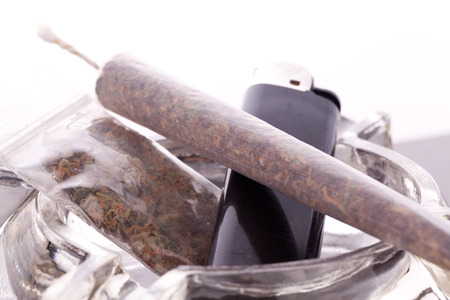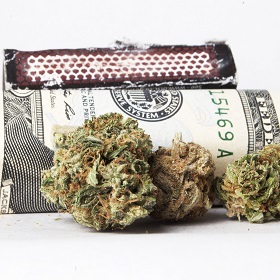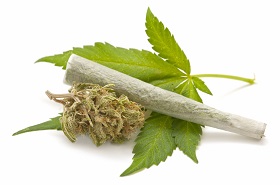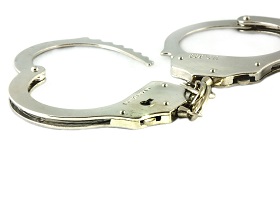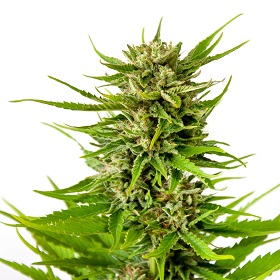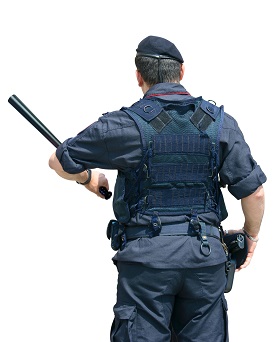Police Finds Crate Carrying Marijuana
Metro police intercepted a crate containing 140 pounds of marijuana shipped from Phoenix for distribution to street dealers in Nashville Thursday.
When detectives received information that the 327 pound wooden crate located at a local freight company could be tied to criminal activity, they sent Caine, a police dog, to check, police said.
With the help of a Caine, officers found 140 pounds of marijuana inside the cargo during a search warrant, repackaged the marijuana and followed the shipment to a home in the 5000 block of Ryan Allen Court, the affidavit continues.
Police arrested Tusabi Edwards, 40, and Terrence Reames, 38, in connection with possession with intent to sell, deliver, or manufacture a controlled substance in a school zone.
Depending on the grade of the marijuana, current drug prices provided by Metro police show it’s valued at anywhere between $385,000 to $630,000.
His co-defendant, Reames, told police Edwards came to Nashville to oversee the load of marijuana and that Edwards was supposed to sell the marijuana in Nashville. Reams also said he was to receive $2000 for his part to distribute the marijuana for providing a place to receive and break down the marijuana for re-sale in Nashville, the affidavit states.
Edwards is being held in lieu of $200,000 bond. Reames’ bond is set at $50,000.
As of Friday morning both men remained incarcerated at the Metro jail.
PART 2
The Maricopa County Drug Task Force removes Marijuana plants and growing materials after shutting down an allegedly illegal grow operation at a warehouse located near 40th Street and Washington on Tuesday, April 19, 2016, in Phoenix, Ariz. Danny Miller / azcentral.com | The Republic
Armed with a search warrant, authorities arrived at a grow warehouse near 40th and Washington streets at 7:30 a.m. and seized more than 600 marijuana plants in what may have been one of the county’s largest drug busts, said Lt. Jeff Gentry of the Maricopa County Sheriff’s Office.
Hash, edibles and kief — a dried form of marijuana — also were found at the warehouse.The marijuana collected from the warehouse will be dried at a Drug Enforcement Administration facility and then will be packaged as evidence, Gentry said.
A total of 12 warrants were served in Scottsdale, Phoenix and Fountain Hills in connection with the investigation. Among the items seized were guns and more than $100,000 in cash, according to officials.
A father and son are believed to head more than 10 similar marijuana grow facilities in Phoenix and northern Arizona that have been running for about a year and a half and have generated at least $16 million for the operators during that time, Gentry said. That dollar amount is a conservative estimate, he said.
Arrested Tuesday were Perry Lee Hestor, 57, Brandon Lee Hestor, 35, Christopher Neil Rafferty, 36, James Allen Donaldson, 62, and Christopher Yancy Martin, 44. All have been booked into the Fourth Avenue Jail and face charges including fraudulent schemes and illegal possession and selling of marijuana, officials said.
Gentry said those involved in the illegal enterprise posed as caregivers, which, under the Arizona Medical Marijuana Act, would allow them to grow up to 12 marijuana plants provided they did not live within 25 miles of a dispensary. The task force kept the warehouse under surveillance for about four months and did not witness any deliveries that exceeded 25 miles, Gentry said.
A Sheriff’s Office statement said the business is believed to have grown over 2,000 pounds of marijuana per year since they began their operation in late 2013.
Authorities were initially directed to the warehouse after complaints of a strong odor wafting in the area.
In a press conference Tuesday afternoon, sheriff’s spokesman Joaquin Enriquez explained the business flouted state standards for legal dispensaries by neglecting to have background checks for employees, dispensary fees, agent cards, safety regulations, product inspection, inventory controls, taxes and transportation limits or regulations.
Sheriff Joe Arpaio said detectives believe up to 25 individuals were involved in the illegal enterprise and about 15 more suspects are under investigation.
He said the operation involved people “just trying to make money” and that investigators found no connection between the business and Mexican drug cartels.
“We cannot blame Mexico for this,” Arpaio said, tapping the wooden podium forcefully with his finger. “This is domestic. This is home grown.”
The Maricopa County Drug Suppression Task Force includes law-enforcement personnel from agencies including area police departments, the Arizona Attorney General’s Office, the U.S. Border Patrol and the U.S. Drug Enforcement Administration.
Criminal Defense Lawyers PLLC
668 N 44th St. Suite 300
Phoenix, AZ 85008
(480) 351-6445
https://www.criminaldefenselawyers.me
